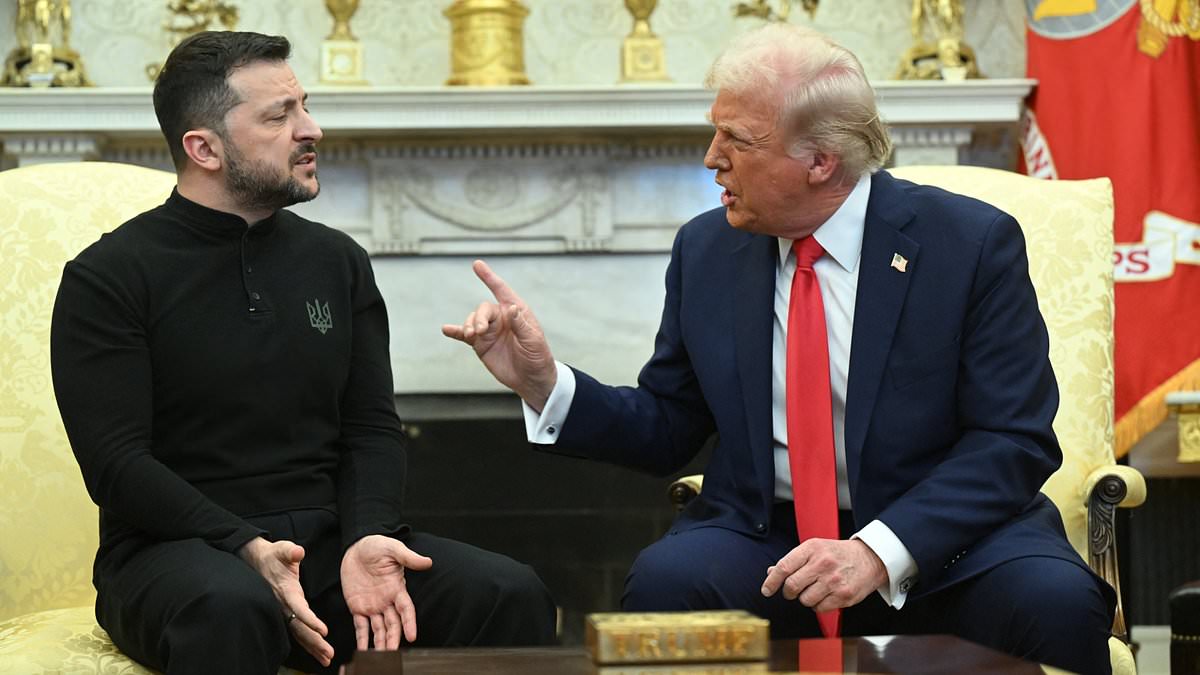
Sir Keir Starmer, Prime Minister of the United Kingdom, has taken center stage in the ongoing debate regarding Ukraine’s future in NATO. Traveling to Washington, DC, alongside other prominent European leaders, Starmer aims to discuss critical matters of peace, NATO membership, and territorial integrity. With Ukrainian President Volodymyr Zelensky joining the efforts and U.S. President Donald Trump making bold statements, the stage is set for high-stakes diplomatic talks.
Starmer’s Stand on Ukraine’s NATO Membership
Amid escalating tensions, Sir Keir Starmer reaffirmed the UK’s commitment to Ukraine’s “irreversible path” to NATO membership, explicitly stating that Russia should not have a veto over Ukraine’s choices. Speaking to the media prior to the meeting, Starmer emphasized the importance of ensuring a lasting and fair peace. He noted, “We must guarantee lasting peace for Ukraine, ensuring it remains independent and secure.”
Despite Starmer’s strong stance, President Trump’s recent posts on his Truth Social platform complicate matters. Trump suggested Ukraine abandon its bid to join NATO, stating that Crimea would not return to Ukrainian sovereignty—a position aligned with some of Russian President Vladimir Putin’s demands for a peace resolution. This raises concerns about how aligned the U.S. and its European allies truly are.
Pressure on Zelensky Amid Complex Diplomacy
Zelensky faces immense pressure as European leaders, including Starmer, French President Emmanuel Macron, and Italian Prime Minister Giorgia Meloni, lend their support. The Ukrainian leader is keen to avoid another public clash with Trump, following their controversial February encounter that momentarily strained U.S.-Ukrainian relations. European leaders have reportedly been coaching Zelensky on diplomacy tactics to prevent further disputes.
In a parallel effort, NATO Chief Mark Rutte and European Commission President Ursula von der Leyen have stressed European unity ahead of the talks. Von der Leyen mentioned, “Ukraine’s security is intertwined with Europe’s stability, and any decision must uphold these principles.”
The Challenges Ahead
Trump’s recent comments imply that Ukraine could put an end to the three-year conflict with Russia by conceding territories like Donetsk, Luhansk, and Crimea—an outcome Zelensky refuses to accept. In response, Ukraine has strengthened its diplomatic message, with Zelensky declaring that “lasting peace” cannot come at the cost of territorial compromises. The Ukrainian leader continues to highlight the sacrifices made by his nation and the importance of allied support.
Monday’s talks are expected to be tense, with European capitals on edge regarding how far Trump might push Zelensky to yield to Russia’s demands. Additionally, the potential long-term impacts on Europe, should a less favorable peace deal be brokered, are a source of growing concern for European leaders.
European Unity and the Role of Defense
Leading up to these talks, European officials have taken significant strides to highlight their collective stance on defense and NATO’s role. Starmer and Macron co-chaired a virtual “coalition of the willing” meeting on Sunday, reiterating the shared commitment to Ukraine’s sovereignty and security.
Strengthening this message, Macron noted, “If we show weakness with Russia today, it’ll pave the way for future conflicts. Ukraine’s independence is Europe’s security.” Starmer further highlighted the role of NATO, adding, “The alliance exists to ensure nations like Ukraine have the right to their own borders and an unequivocal guarantee of defense protections.”
Support Ukraine with Long-Term Solutions
European leaders collectively agree on bolstering Ukraine’s defense both diplomatically and through continued financial aid. Aiding in Ukraine’s long-term recovery, they encouraged citizens to support initiatives such as purchasing Ukrainian-made products for economic stability and finding ways to donate to humanitarian causes.
Get Involved in Supporting Ukraine
If you’re looking to show personal support, consider investing in brands that support Eastern European artisans or donating to organizations providing relief to Ukrainian refugees. Take, for instance, Rituals, a beauty and wellness brand that has initiated charity campaigns contributing to humanitarian aid in Ukraine—proving that even small actions can have a significant collective impact.






